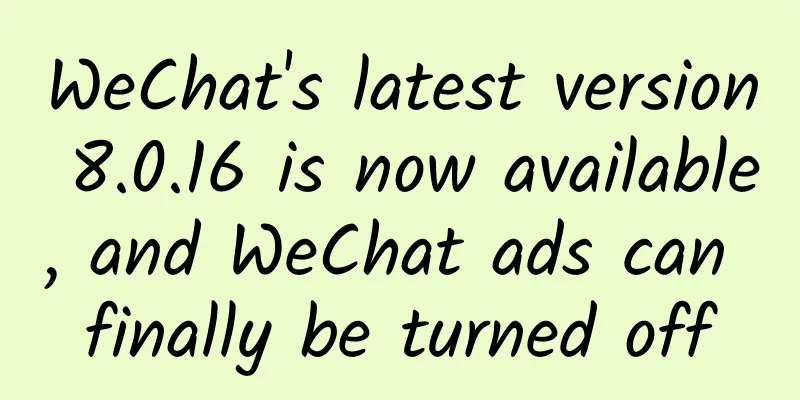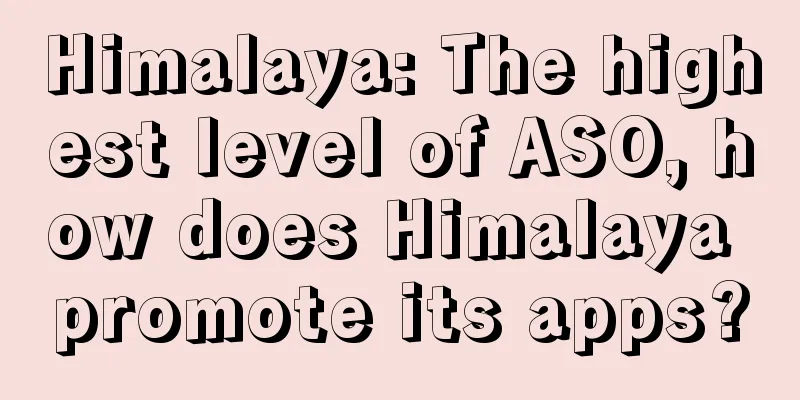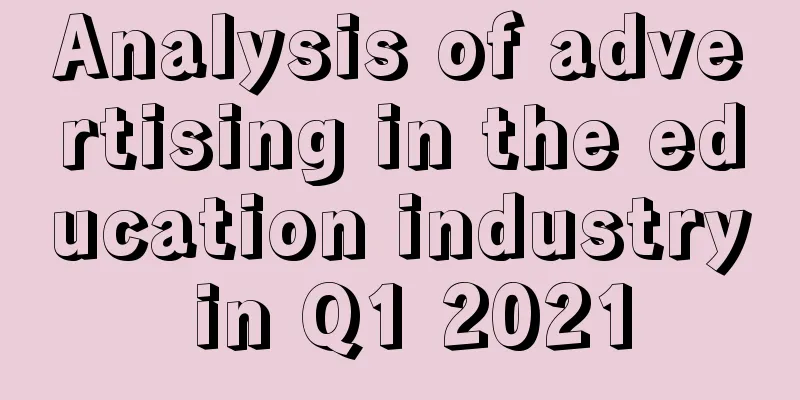This year, my life was torn apart by WeChat

|
In 2014, we woke up on WeChat, fell asleep on WeChat, took the subway on WeChat, worked on WeChat, ate on WeChat, and traveled on WeChat. We couldn’t bear to miss a new thing in the circle of friends, a social topic or celebrity gossip. WeChat was originally a tool to fill fragmented time, but in the end it ruthlessly tore our lives apart. “Living for the circle of friends” Data from the 2014 WeChat Application Industry Summit showed that as of the end of July this year, the number of monthly active users of WeChat had reached nearly 400 million. In the view of Liu Ruisheng, associate researcher at the Institute of Journalism and Communication of the Chinese Academy of Social Sciences and deputy editor-in-chief of Journalism and Communication Research, the WeChat craze is not surprising. WeChat is a social tool based entirely on mobile networks, and its user base comes from a large number of QQ groups and mobile phone address books. Its high stickiness is its characteristic. Therefore, it is easier for users to form social circles. In comparison, Weibo is mainly a form of communication dominated by opinion leaders. It is more like a platform for publishing hot public opinion topics, and the number of deep users is actually not too large. "It is precisely because WeChat is a strong relationship link that people often hope to get some feedback when they post messages on WeChat, whether it is likes or comments." Zhu Zhuohong, professor and associate researcher at the Institute of Psychology of the Chinese Academy of Sciences, said, "The more people respond, the greater the intensity of the stimulus, and gradually form the so-called operant conditioning, thereby strengthening this behavior." Typically, you have to take pictures before and after meals, take selfies in the wind and rain, and take photos when you see a brand name... If this is nothing, then a travel scene in the memory of Jiang Xiaoyuan, dean of the Institute of History of Science and Science Culture of Shanghai Jiao Tong University, makes people sigh at the "putting the cart before the horse" in the circle of friends. When a group of friends visited the Metropolitan Museum of Art in New York, one of them complained about the Wi-Fi problem from the moment he entered the museum, and had no interest in the exhibition itself. After some "fixes" along the way, the Wi-Fi was connected, and the first thing he did was take photos and upload them to WeChat Moments. At that moment, who can say that we are not “living for the circle of friends”? Zhu Zhuohong said that from the user's psychological analysis, excessive attention is related to self-concept and personal self-esteem. Some people are particularly concerned about others' evaluation of themselves, while others are more narcissistic and hope that their texts and photos can be positively liked and evaluated by others. "However, the details of life such as where you are, who you are with, what you do, etc., actually don't mean much to others," said Jiang Xiaoyuan. Nowadays, with the growth of WeChat users, the circle of friends has begun to expand rapidly, and along with it comes all kinds of purchasing information, inspirational stories, and health secrets, which are overwhelming. Various behaviors that are kidnapped by the circle of friends have quietly led to the rise of the action of "escaping from the circle of friends". Zhu Zhuohong believes that self-awareness is very important. You must be aware of whether the behavior of swiping the screen has really affected your work and life. If you feel distressed about it, you need to control and manage it. Controversy in the fragmented era In addition to Moments, with the popularity of WeChat, public accounts have sprung up like mushrooms after rain. By the end of July 2014, the total number of public accounts reached 5.8 million, with 15,000 new accounts added every day, a total of 67,000 connected apps, and an average of 400 mobile apps created every day. The information people receive has never been in such a highly fragmented form as it is today. Liu Ruisheng believes that this impact on traditional reading patterns is inevitable. "In an information society, information fragmentation is a trend." People's evaluation of it has always been mixed. One conclusion drawn by brain science is that this form of learning can seriously distract people. Studies have shown that the habit of the frontal lobe to process problems tends to handle only one task at a time. Multitasking will only consume more brain power and increase cognitive load. Therefore, some scientists believe that this "superficial" approach will make the brain more "superficial" in the process of participating in information processing. Mark Bauerlein, an English professor at Emory University in the United States, is a representative figure who firmly opposes this kind of "fast reading". His book "The Dumbest Generation" offended many young people at one time. In his opinion, the danger of the Internet is that its knowledge and information resources are too abundant, and people think they no longer need to internalize this knowledge and information as their own. Jiang Xiaoyuan said: "I have confidence in the overall wisdom of mankind. But for at least some people, fragmented reading will belittle their culture. This is because they no longer have the patience and habit to read a book, or even a long article. Culture is the product of thought, and it requires creators to devote time and concentration." Some people may question how many people around us would choose to read classics in an era without digital reading. But he believes that everyone has limited time, and when you endlessly contribute it to online information, you objectively pay a huge opportunity cost. John Palfer, a professor at Harvard Law School, doesn't see it that way. He believes these assumptions are likely wrong because they underestimate the depth of knowledge young people acquire on the Internet. They also miss an important feature of how the digital generation experiences news: interacting with information in a constructive way. Don’t be afraid of being “abandoned” by the times Han Han wrote in the introductory remarks of the e-book "One" edited by him: There are more and more fragments around me, and everything comes and goes quickly. If I sleep a few more hours, I feel disconnected from the world. If I turn off my computer for a day, I feel abandoned by mankind... Jiang Xiaoyuan believes that in the Internet age, people’s “madness” does not really come from their thirst for information, but from their fear of being “out”. You know what peer pressure is, when friends want to do the same things, say the same things, wear the same clothes, and follow the same rules? Just a year ago in the winter, a Korean drama "My Love from the Star" became a national TV drama in China through the spread of social networks. Friends were discussing various topics about "My Love from the Star". There was no need to recommend it because almost everyone around was watching it. Even in the WeChat chat window, as long as you type "fried chicken and beer", a snowflake effect will automatically appear, just because of the heroine's line "It's snowing, how can there be no fried chicken and beer". That winter, if you didn’t know “Professor Do”, you probably would have nothing to talk about. “I don’t think this kind of information, which is created for the purpose of capital appreciation, has any value.” Jiang Xiaoyuan's views may seem too "extreme" to some people, but they may force us to think about what is most important to us. An American entrepreneur once said: We are in an era of information omission fear, and everyone is afraid of missing something. We worry that the next big opportunity will slip away in the blink of an eye. But life is long. You can disappear for a few weeks and become "useless" for a few weeks. The impact of this will make you more successful. You will not miss anything at all. On the contrary, what is scary is that because of the fear of missing out, we are eager to keep up with the times and thus disrupt our pace. Can you really master technology? The debate about the Internet age, in the final analysis, is to remind users whether they can master this technology well. On the one hand, how to avoid the "traps" set by technology, and on the other hand, how to use it appropriately in places where technology is not used before. The "Results of the Tenth National Reading Survey" showed that 45.4% of people choose digital reading because it is "convenient to read anytime and anywhere". Secondly, 31.1% of people choose digital reading because of "large amount of information". It is undeniable that new media can meet people's demand for information. However, it cannot replace the spiritual gains that reading classics can bring us. Liu Ruisheng believes that new media only enriches our reading methods, but will not completely subvert our reading habits. WeChat is just a tool to fill fragmented time. Large blocks of time should still be used for serious work, study, and reading serious works. In fact, people who have the habit of reading will not give up the time for in-depth reading. Liu Ruisheng admitted that there is no statistical data showing that the average annual reading volume of citizens in the countries with the most developed Internet in the world is declining. In his opinion, changing the form of media communication cannot fundamentally solve the problem of lack of reading among the people. "From the perspective of social culture and education, it is probably more urgent to cultivate children's reading habits from an early age. Jiang Xiaoyuan also said that whether on the subway or on a flight, the proportion of passengers in developed countries holding books to read is significantly higher than that of Chinese people. This shows to a certain extent that those who benefited from new technologies earlier are also better at resisting and controlling them. He told the China Science Daily reporter that a social survey in the United States showed that children from low-educated families spend more time online on average than children from highly educated families. This has also caused social concerns that the former are more susceptible to the negative impact of technology, while the latter have better identification ability and know how to seek benefits and avoid harm, which may further widen the gap between the rich and the poor. “We are not against new media, but we must always reflect and remain vigilant. Human beings cannot be dominated by technology at any time.” |
<<: Microsoft releases Windows 10 mobile preview to support six Lumia models
>>: Looking back at Tencent over the years
Recommend
Tik Tok live streaming experience and skills, what are the skills for Tik Tok live streaming?
With the rise of Douyin live streaming , more and...
How to correctly understand short video operations?
In most traditional industries, there is actually...
When will the Qingdao epidemic end in 2022? When will it be unblocked? Attached the latest news
Recently, the first city in Shandong Province to ...
Remember these rules, and you can get users to voluntarily help you promote like a snowball without spending a penny.
In this era where mobile phone addiction is rampa...
The universal formula for operating private domain traffic in offline stores!
How to create private domain for offline stores? ...
iOS 9 beta 3 released, full of new features
Two weeks after the release of iOS9 beta 2, Apple ...
Tianshu Zhihu Good Products Promotion Episode 3
Tianshu Zhihu Good Products Bringing Goods Third ...
What is channel operation?
Channel , we all know that channel has a synonym:...
VIP membership growth system of the three major mainstream video platforms!
In recent years, influenced by policies and marke...
The latest Baidu information flow product manual, giving you a comprehensive understanding of Baidu products
This article shares with you the latest " Ba...
How to increase the popularity of Douyin live broadcast room?
Short video content and live streaming have alway...
10,000-word article analyzing mobile map competitors: Amap, Baidu, Tencent
This article takes the products of the three gian...
How to quickly gain 100,000 followers on Zhihu with these 5 points!
To be honest, the president was quite reluctant t...
How to use deep learning AI to detect and prevent malware and APT
[[163896]] [51CTO.com Quick Translation] Deep Ins...
Online employment class for video packaging and editing!
Online employment class for video packaging and e...









